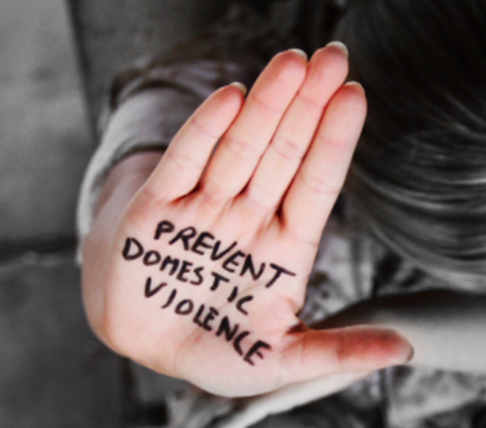Harlem event offers help for domestic violence
“Is it really love?”
That is what Reverend Lakeesha Walrond asked the packed house recently at Harlem Hospital. She was part of a panel discussion on domestic violence hosted by a group called We All Really Matter or W.A.R.M.
“Our challenge is understanding what love is and what love is not,” continued Walrond, a co-pastor of First Corinthian Baptist church in Harlem. “There’s a difference between real love and counterfeit love.”
Her message is critical. Every year 6 million people are victims of domestic violence. This can involve physical, verbal, emotional, economic or sexual abuse. The abuser may be a husband, wife, domestic partner, boyfriend, girlfriend, parent or any household or family member. The panelists explained that the epidemic affects individuals in every community, regardless of age, economic status, race, religion, nationality or educational background and can result in physical injury, psychological trauma, and sometimes death.
“It generally doesn’t start off bad; there’s a progression,” said Reverend Walrond. To illustrate just how bad, the audience watched the video linked here. (Warning, it’s very graphic.)
Panelist Carrie Booker-Searcy could relate. She also survived domestic violence. “I believe you attract the type by the way you feel about yourself,” she said.
Searcy said that she endured a rough childhood, growing up watching her stepfather abuse her mom. Her trauma began when her stepfather raped her because her mother said he could. “From that moment I felt dirty and messed up in the head, so I started off wrong long ago,” she said.
But her story didn’t end there. A man who helped her escape turned on her. His physical abuse led to collapsed lungs, multiple bruises and a permanent scar in her head. But she survived to share her story with the crowd at Harlem Hospital.
Many victims say they stay in abusive relationships because they feel alone and have nothing financially. The panelists offered this advice for anyone who feels trapped and afraid:
- Practice an escape plan for emergencies
- Teach children the escape action and telephone use
- Always keep change in a safe place to use for the pay phone
- Choose a code word you can use with family, friends and children to alert them to call for help
- Get an order of protection
- REMEMBER a deactivated phone can still be used to dial 9/11
- Pack a bag. Include an extra set of keys, IDs, car title, birth certificates, social security cards, credit cards, marriage license, clothes for yourself and your children, shoes, medications, banking information, money “anything that is important to you.
- Keep a record of all threats, violence incidences, photos of physical abuse, noting the date
Densie C. Soares, senior vice president of Generations+/Northern Manhattan Health Network, left the women and men who attended the event with these words: “We want to send survivors a clear message that you’re not alone, talking does help and without help the violence will only get worse.”

